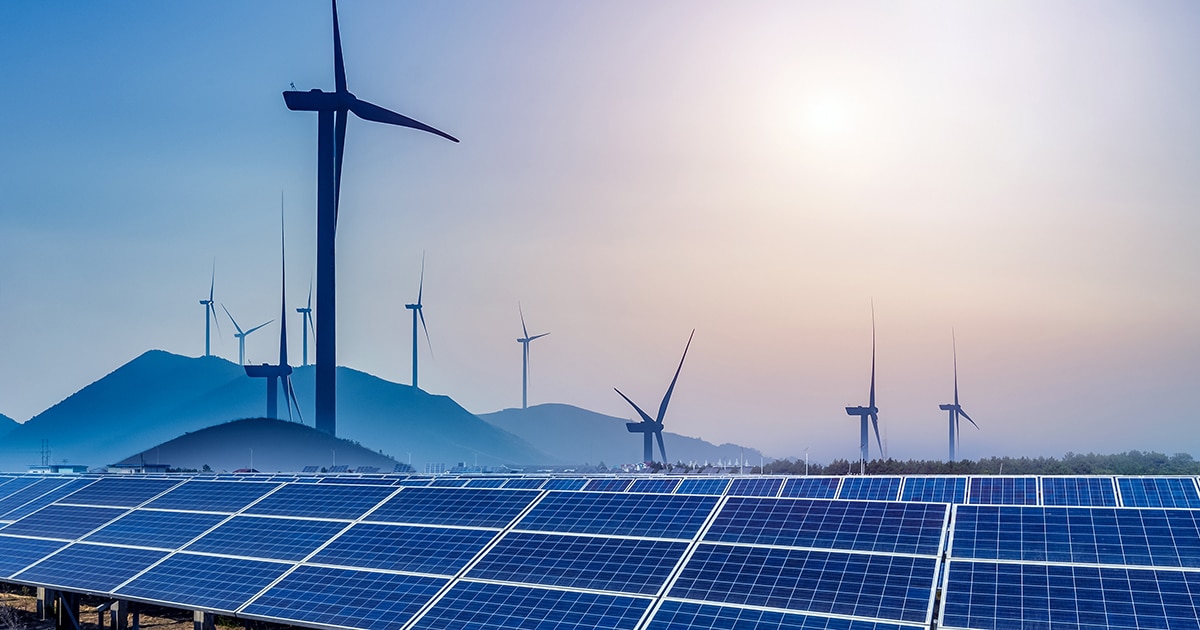The Africa Energy Outlook 2022 from International Energy Agency (IEA) has been released. The following is a summery of what IEA themselves say about the report:
”Energy crisis shows urgency of accelerating investment in Africa’s new energy economy
Today’s crippling spike in energy prices underscores the urgency for African countries to more rapidly scaling up of cheaper and cleaner sources of energy, our latest special report on Africa’s energy outlook shows. At the same time, Africa is already facing more severe effects from climate change than most other parts of the world – including massive droughts – while bearing the least responsibility for the problem. Africa accounts for less than 3% of the world’s energy-related CO2 emissions to date and has the lowest emissions per capita of any region.
Despite these challenges, our latest Africa Energy Outlook finds that the global clean energy transition holds new promises for economic and social development on the continent, with renewables, including solar, critical minerals and green hydrogen offering strong growth potential if managed well. African countries are poised to benefit as increased international ambitions for cutting emissions helps set a new course for the global energy sector amid declining clean technology costs and shifting global investment patterns.
“The immediate and absolute priority for Africa and the international community is to bring modern and affordable energy to all Africans – and our new report shows this can be achieved by the end of this decade through annual investment of $25 billion, the same amount needed to build just one new LNG terminal a year,” said our Executive Director Fatih Birol, who launched the new report at a high-level event featuring African Union Commissioner Amani Abou-Zeid, Italian Ecological Transition Minister Roberto Cingolani, Norwegian Energy Minister Terje Aasland, and Minister Boubacar Mbodji, Special Advisor to the President of Senegal.Read the press release, download the report, and watch a video of the launch event.”
International Energy Agency (IEA)

